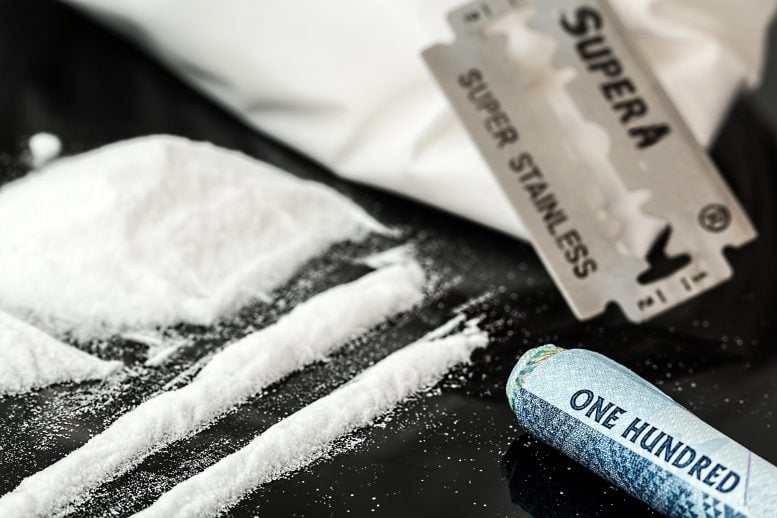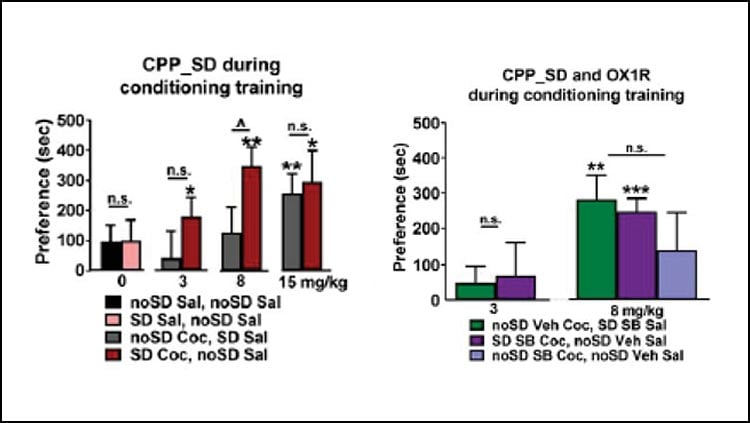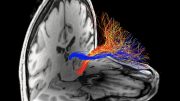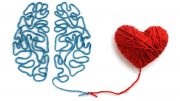
A new study finds sleep-deprived mice find cocaine more rewarding.
Sleep deprivation increases rewarding properties of cocaine through motivation peptide.
Sleep deprivation may pave the way to cocaine addiction. Too little sleep can increase the rewarding properties of cocaine, according to new research in mice published in eNeuro.
Poor sleep and cocaine use go hand-in-hand. Both acute and chronic cocaine use disrupts sleep, and sleep disturbances can increase the likelihood of relapse. But it’s unclear how sleep deprivation contributes to cocaine addiction. The orexin system, which influences motivated and addictive behaviors through the peptide orexin, may underly the relationship: orexin activity increases during sleep deprivation, and blocking orexin receptors reduces reward-seeking.

Sleep deprivation prior to cocaine conditioning induced preference for 3 mg and increased preference for 8 mg cocaine dose (left). Blocking orexin receptors prevented the sleep deprivation-induced increase in cocaine preference (right). Credit: Bjorness and Greene, eNeuro 2020
Bjorness and Greene conditioned mice to associate a room with cocaine and examined how sleep deprivation affected their ability to develop a preference for the cocaine room. Sleep-deprived mice formed a preference for a lower dose of cocaine, one that did not affect rested mice. They also formed a stronger preference for a standard cocaine dose, indicating an increase in the amount of reward cocaine provided. Blocking the orexin system reduced the increased cocaine preference driven by sleep deprivation.
Reference: “Sleep Deprivation Enhances Conditioned Place Preference in an Orexin Receptor Modulated Manner” by Theresa E. Bjorness and Robert W. Greene, 2 November 2020, eNeuro.
DOI: 10.1523/ENEURO.0283-20.2020








Hello
sorry
Hi
Not surprising – for more popular addictive stimulants, lack of sleep encourages many people to consume more caffeine, and the caffeine feels more rewarding when you badly needed it than when you were well-rested, and especially for those of us who are slow caffeine metabolizers, makes it harder to get enough sleep.
Thank you for your answer, let me reduce a little confusion